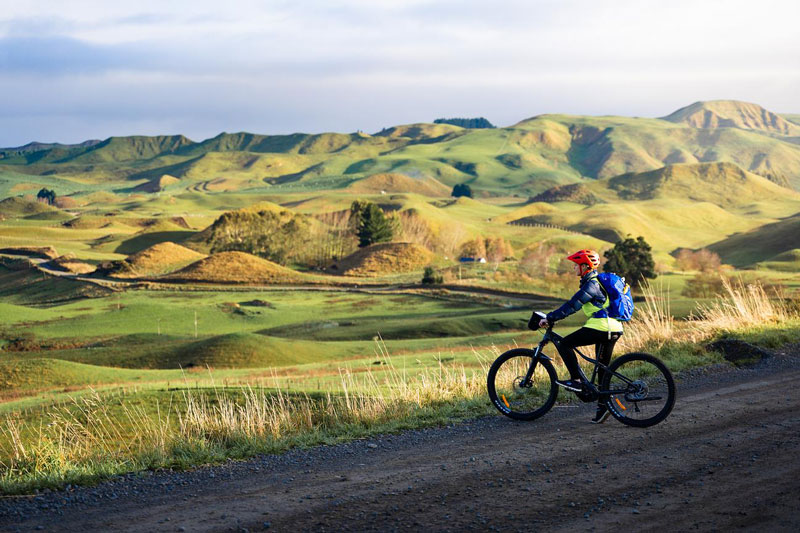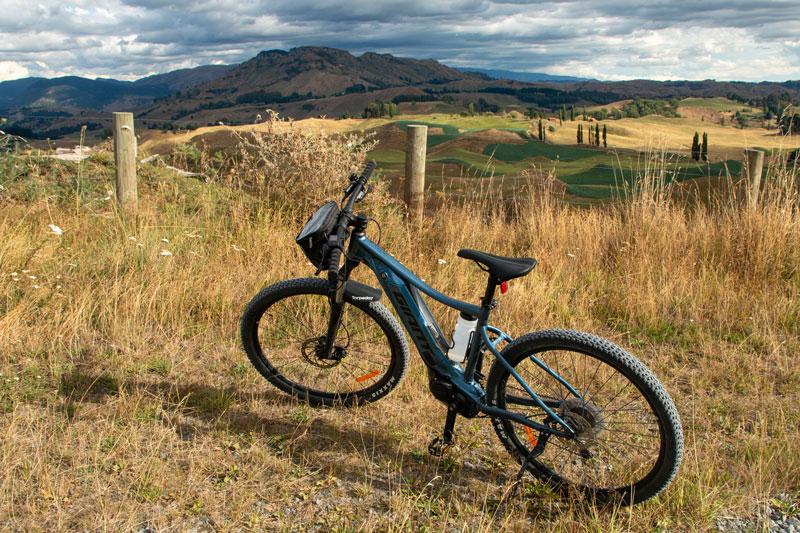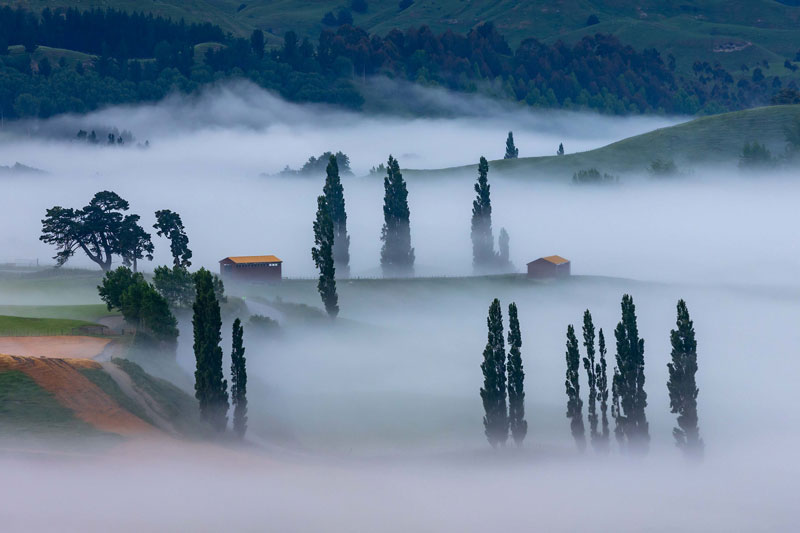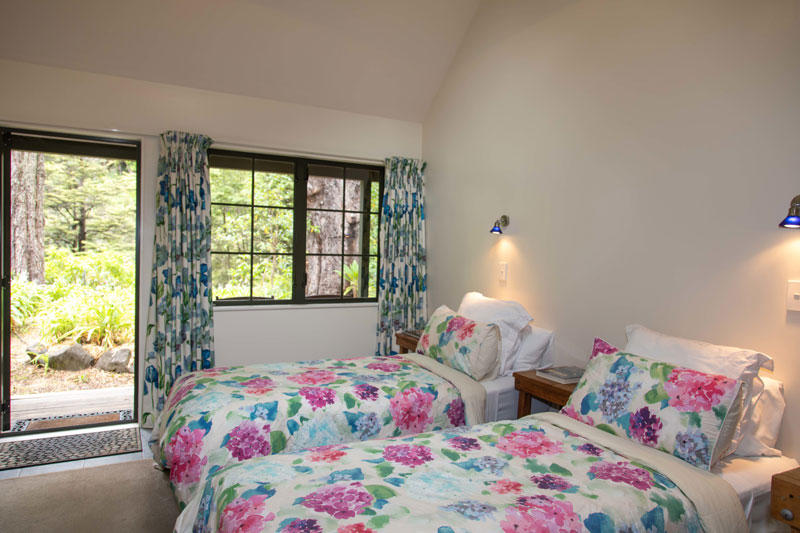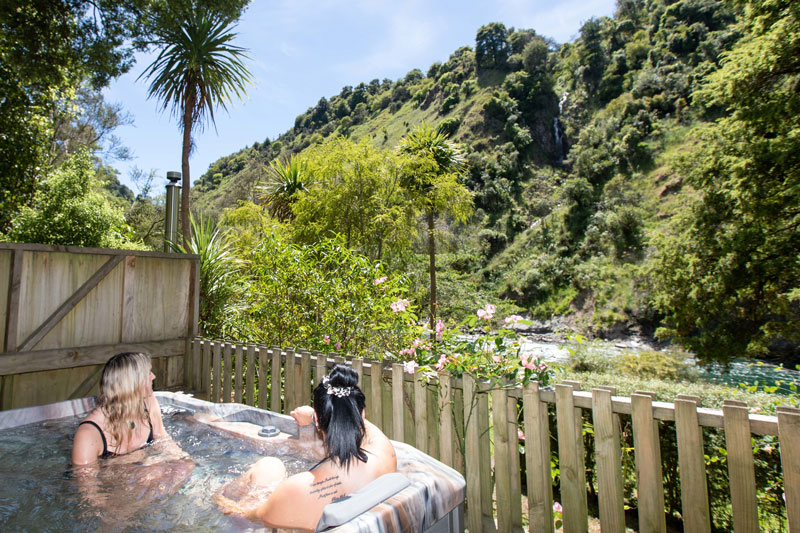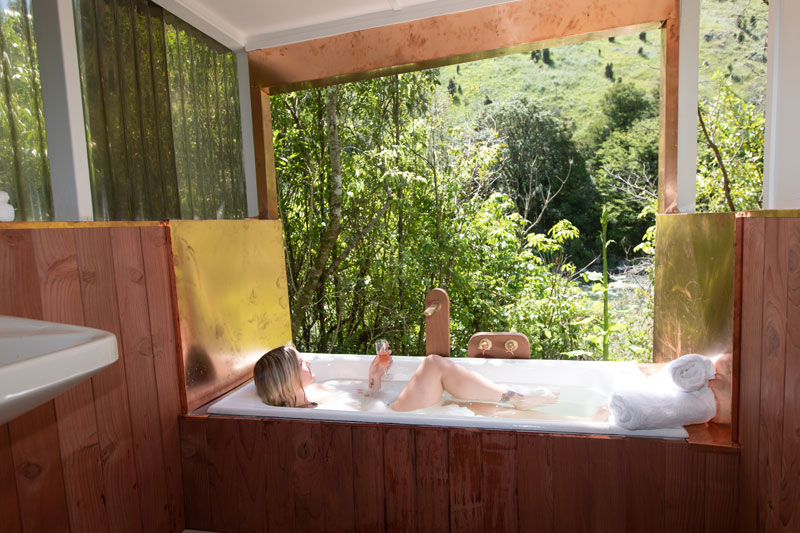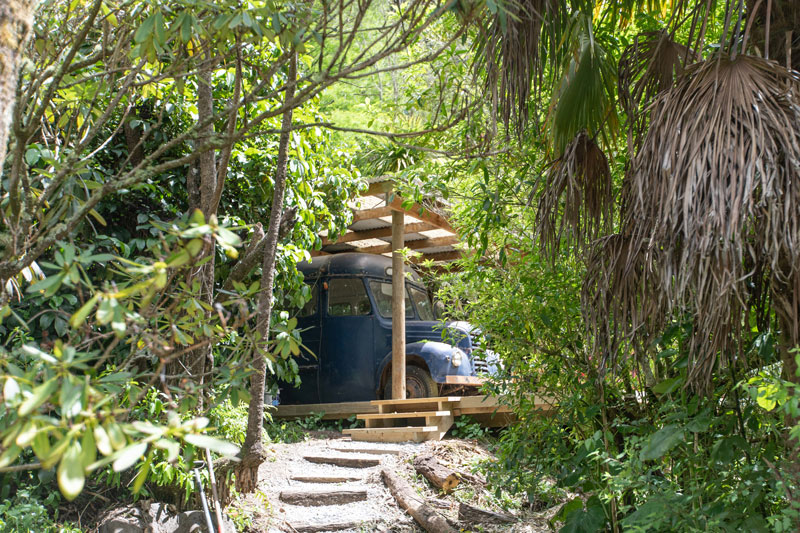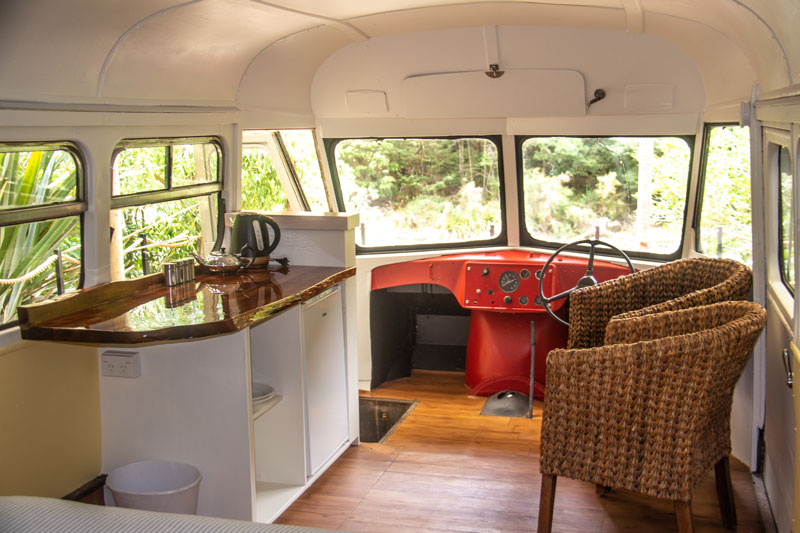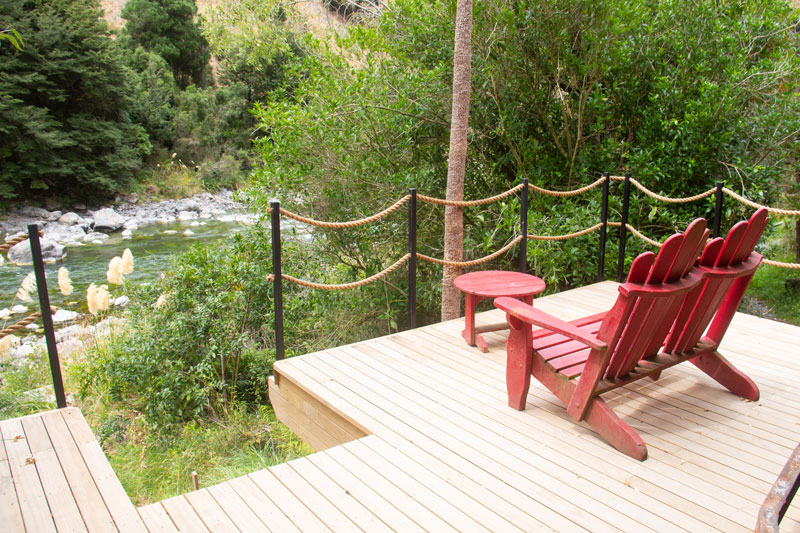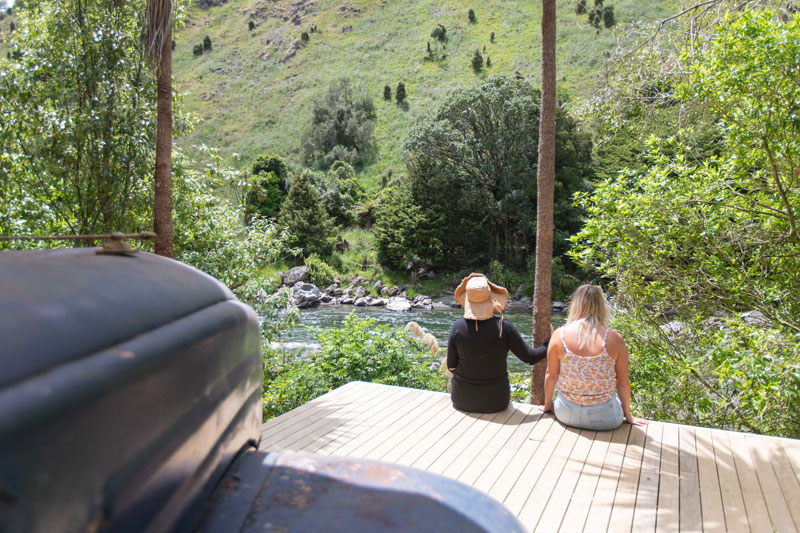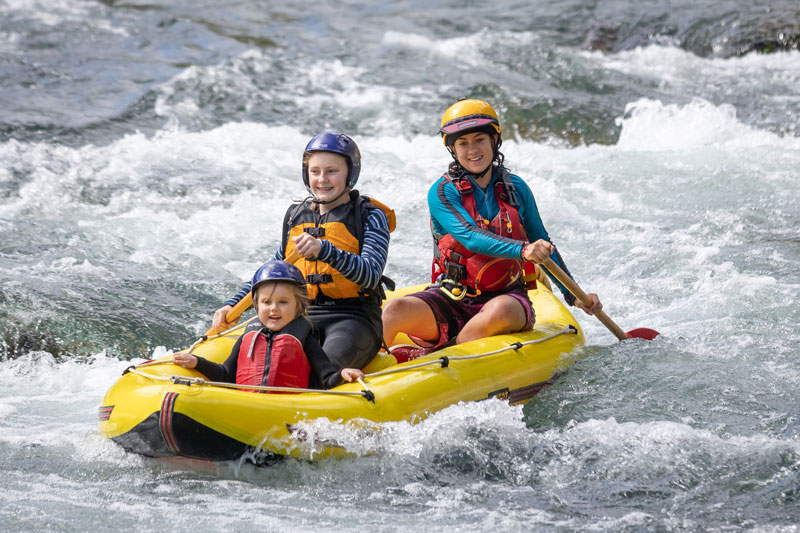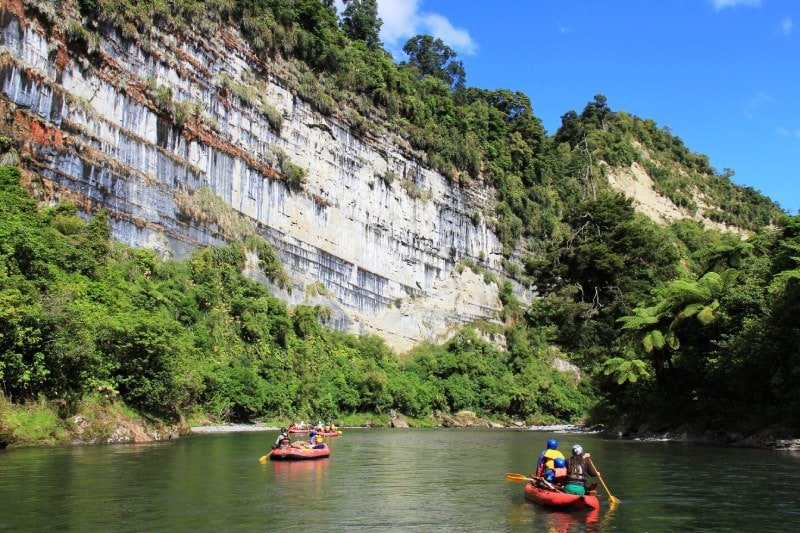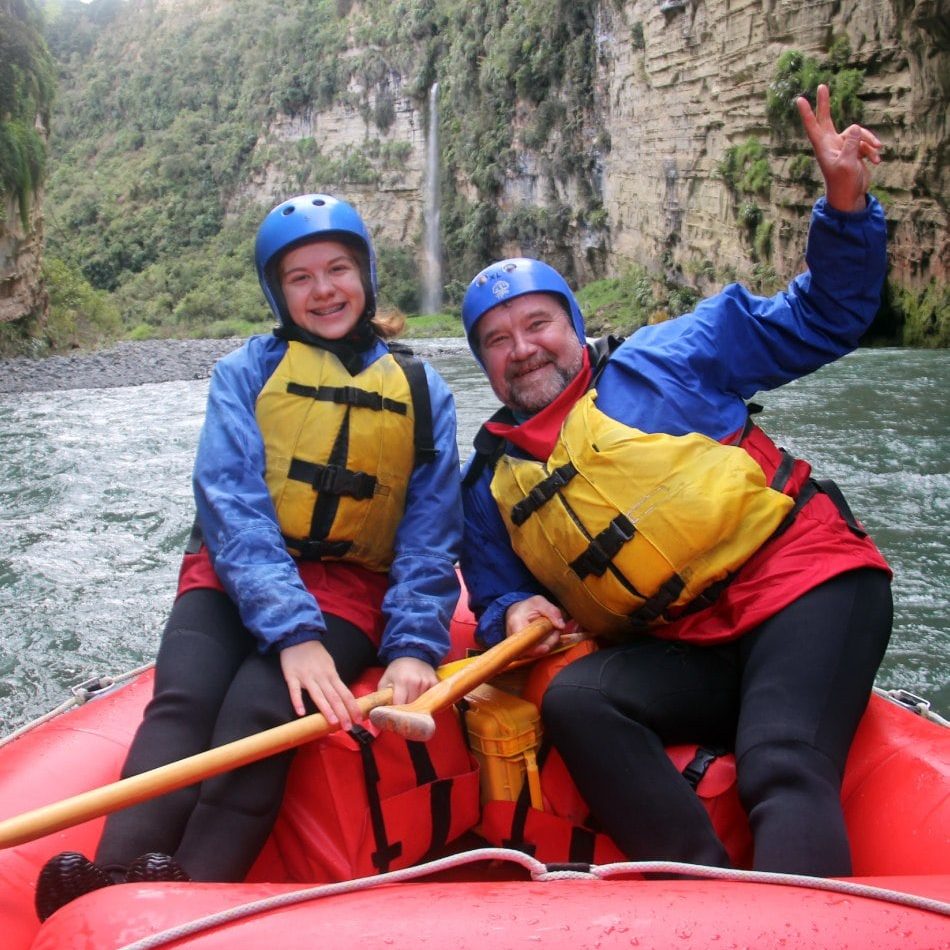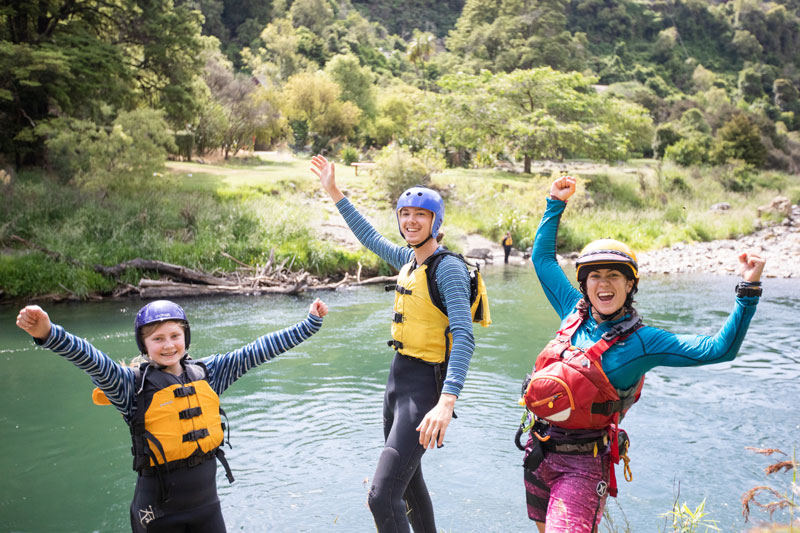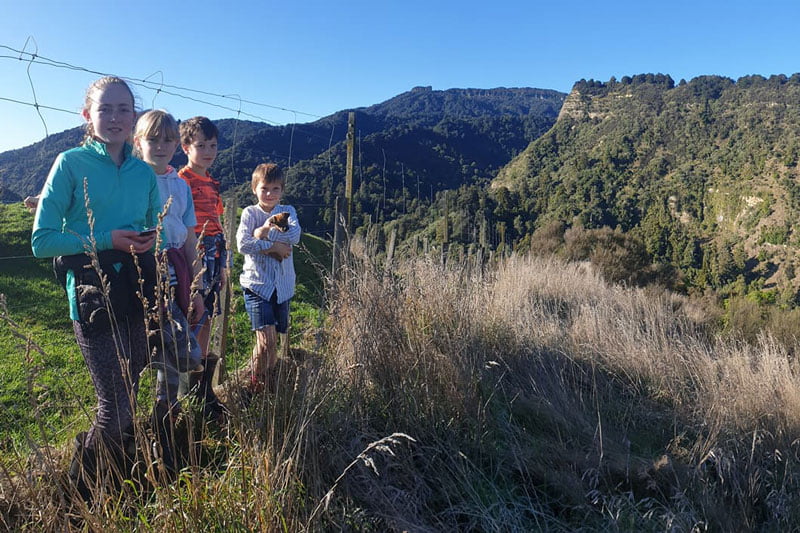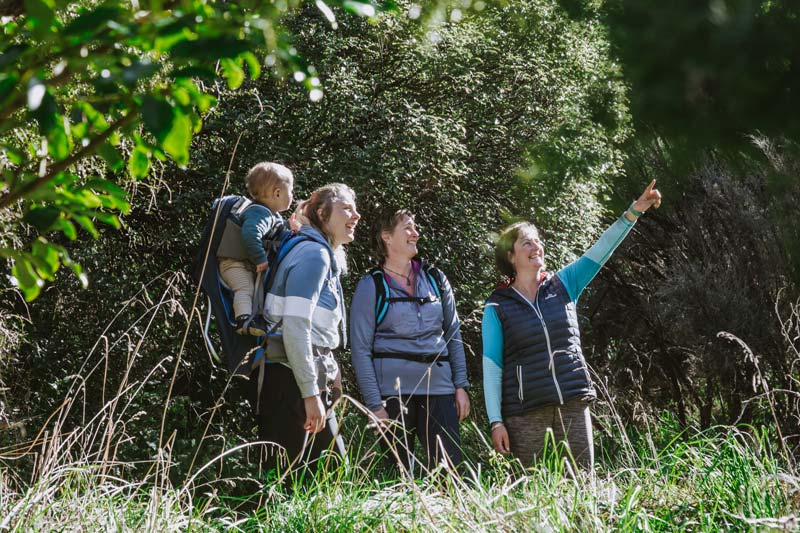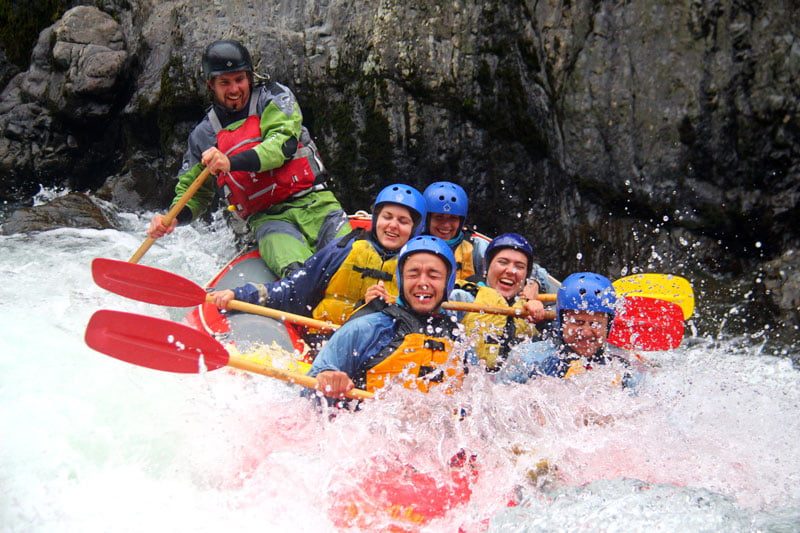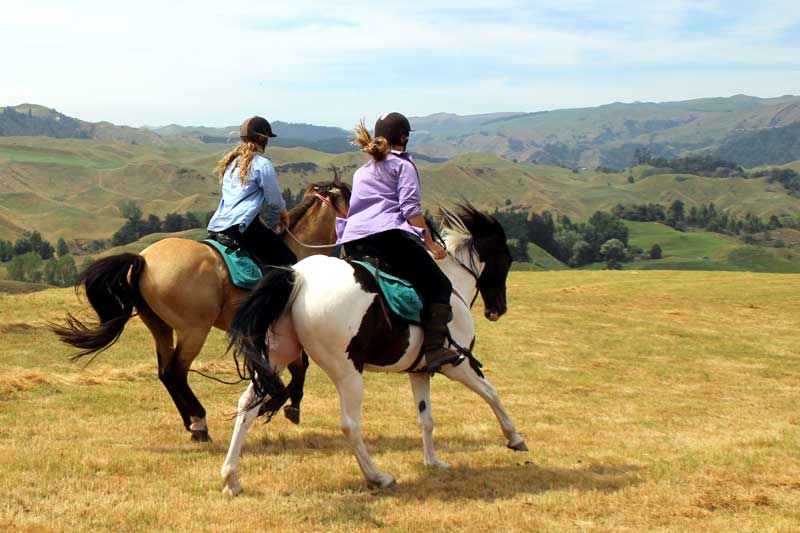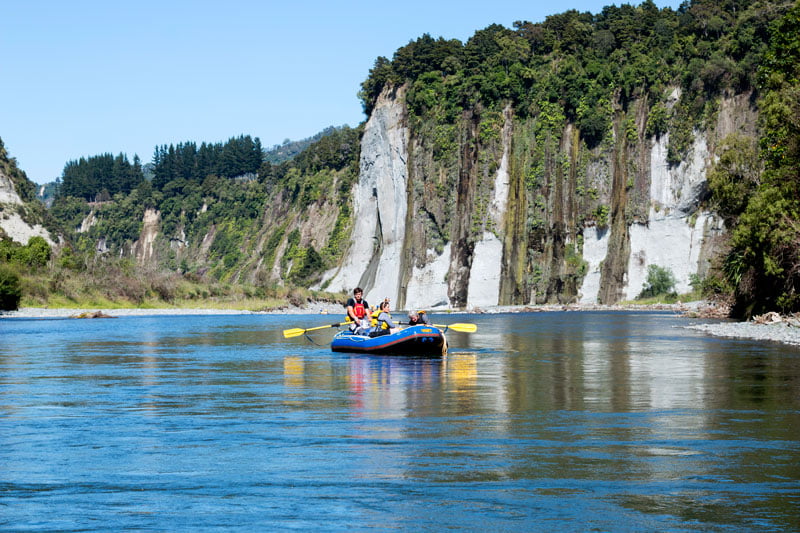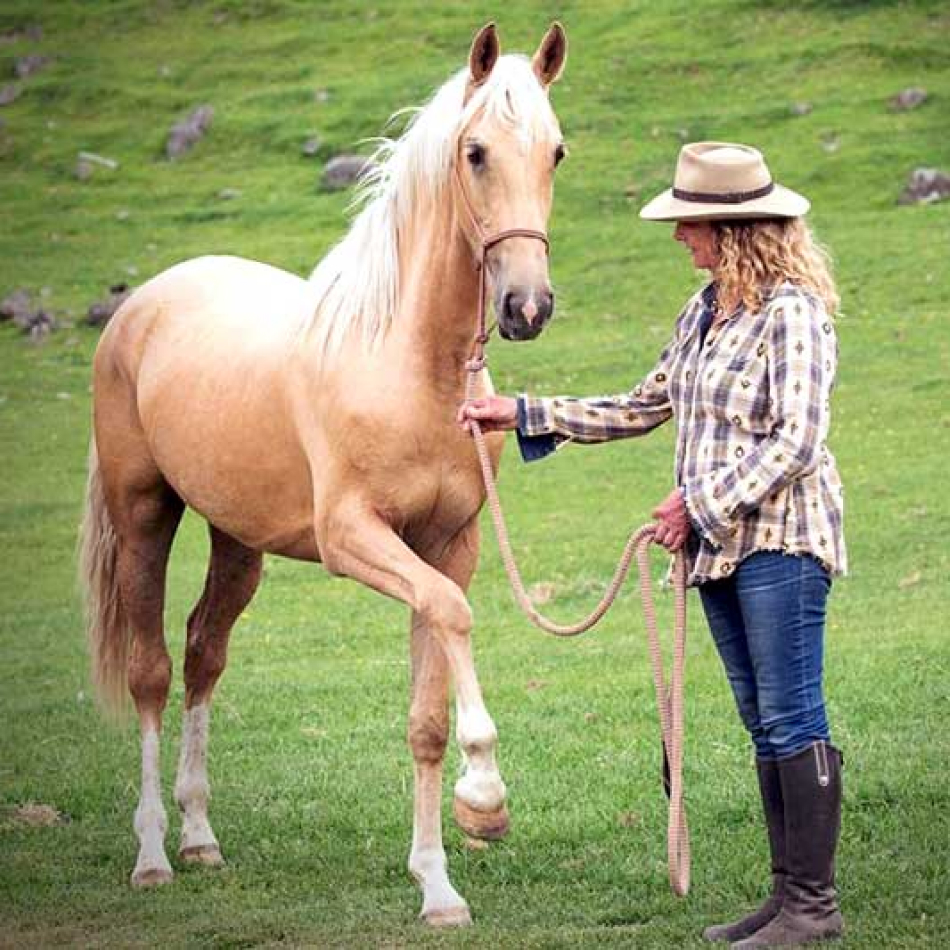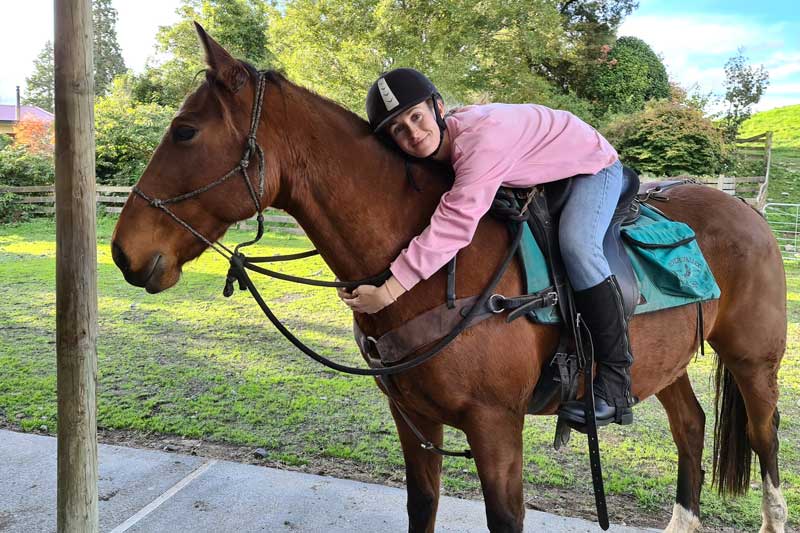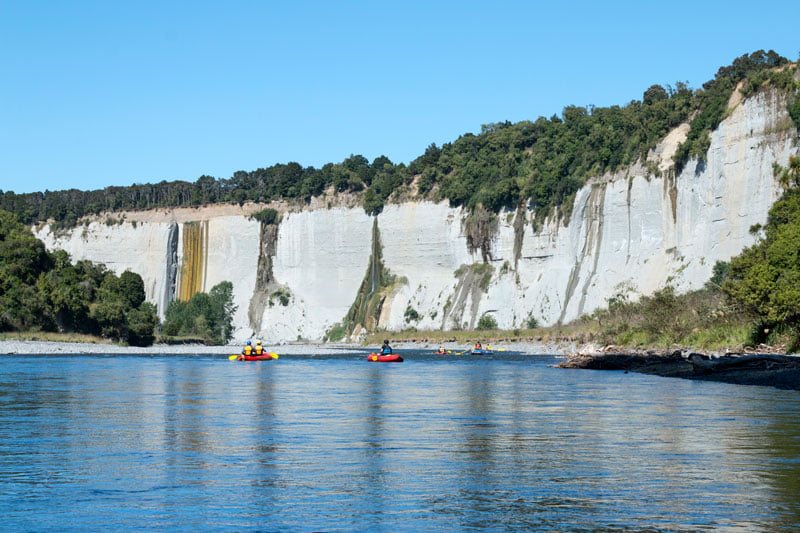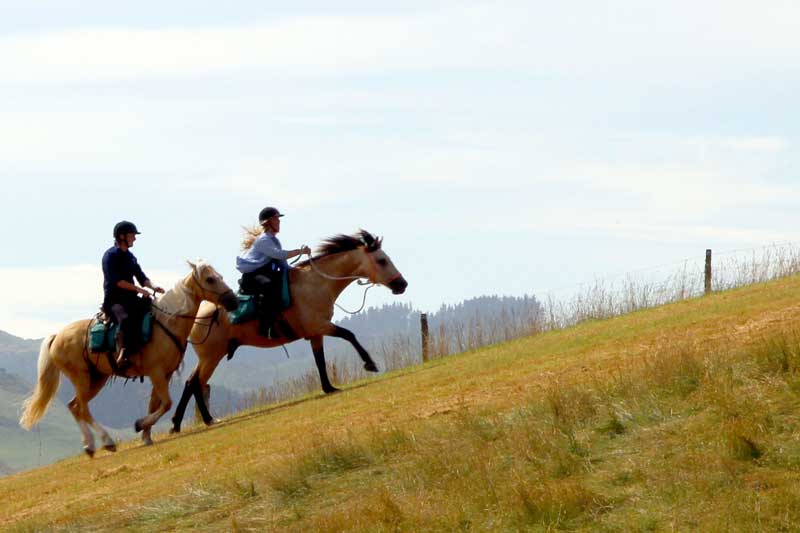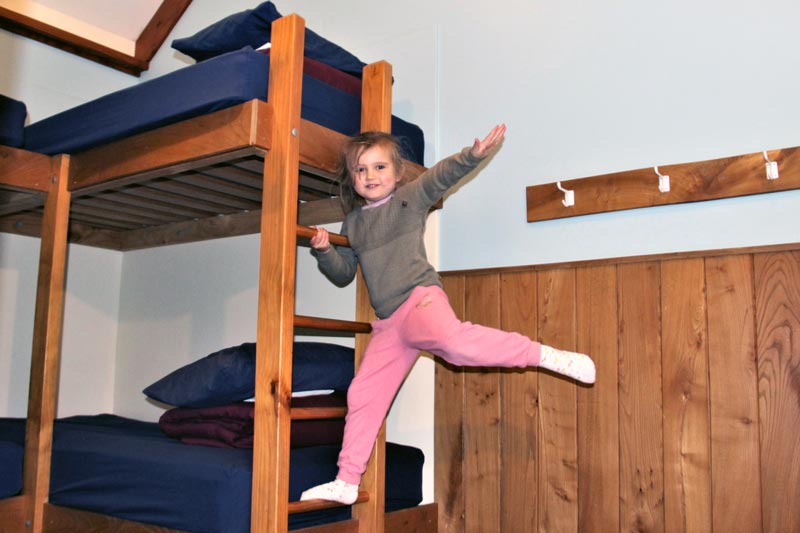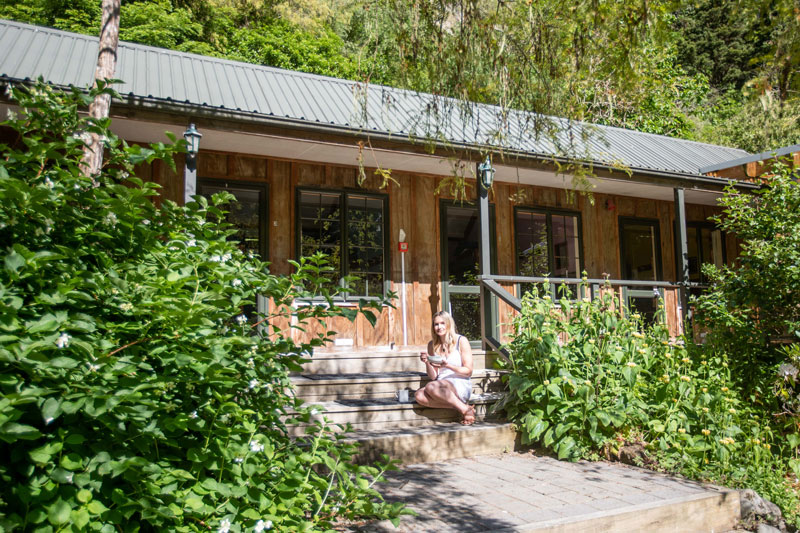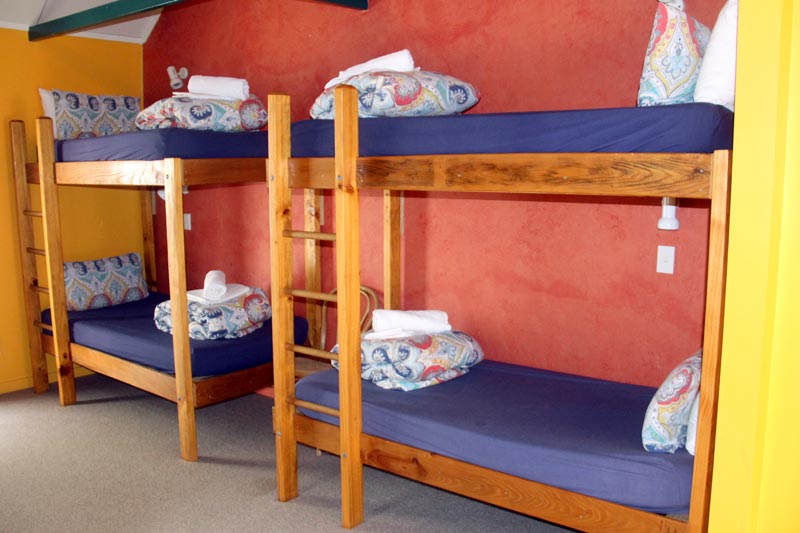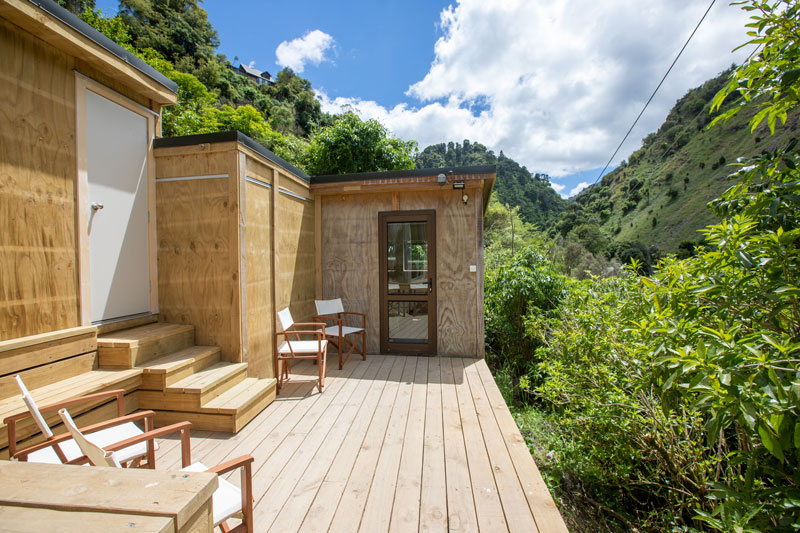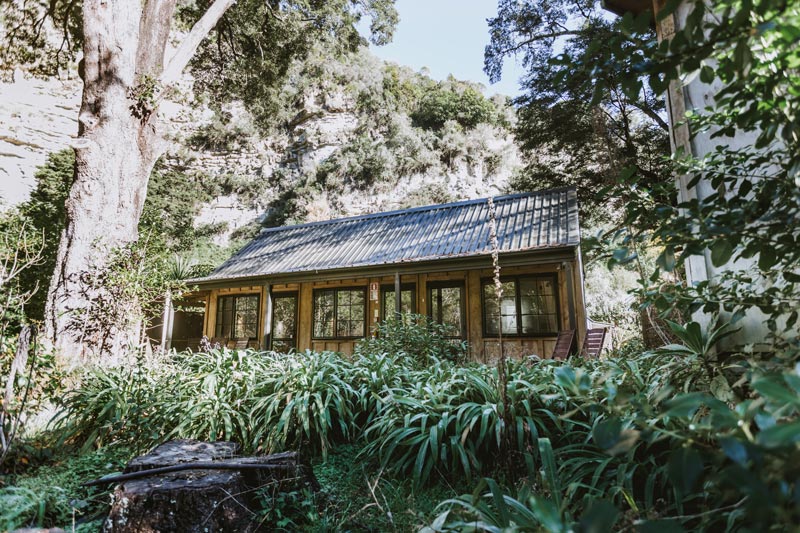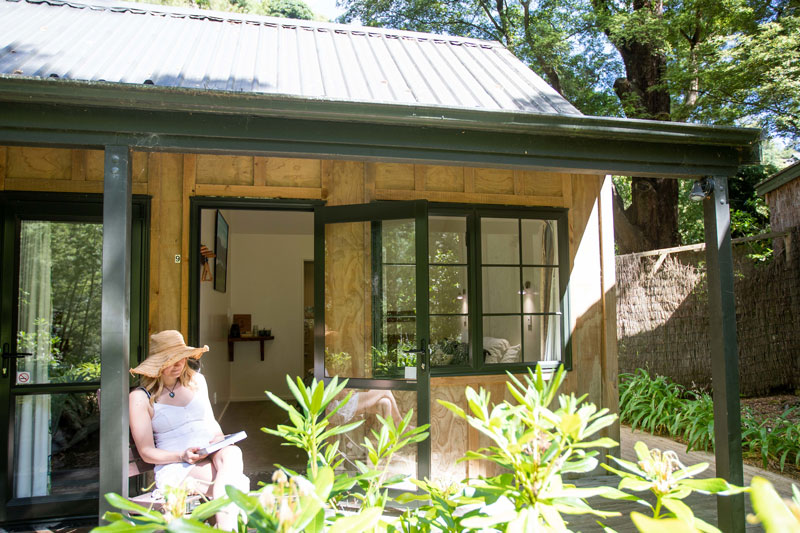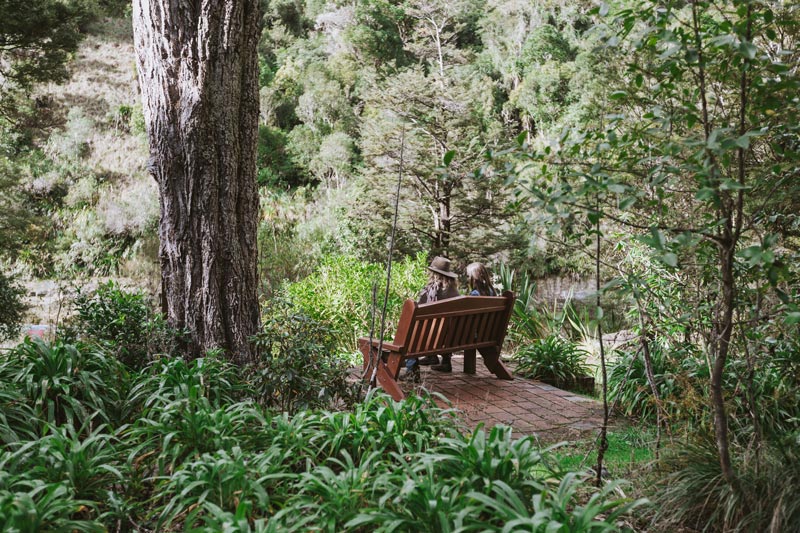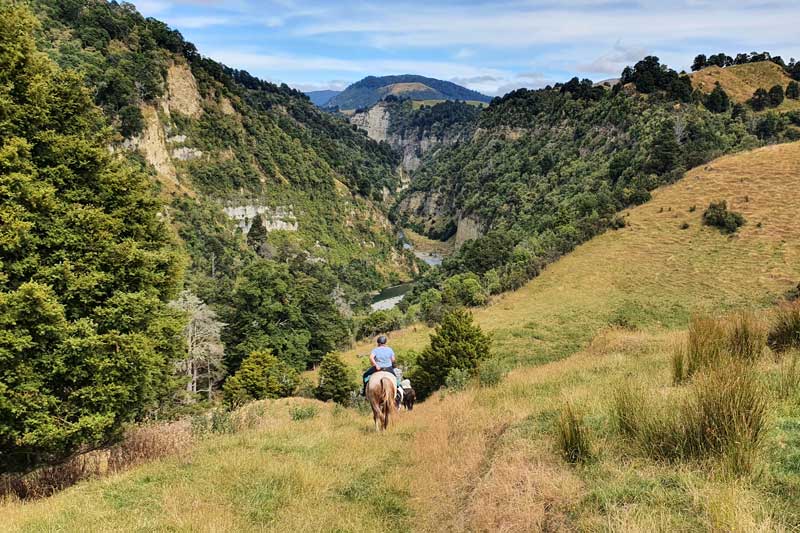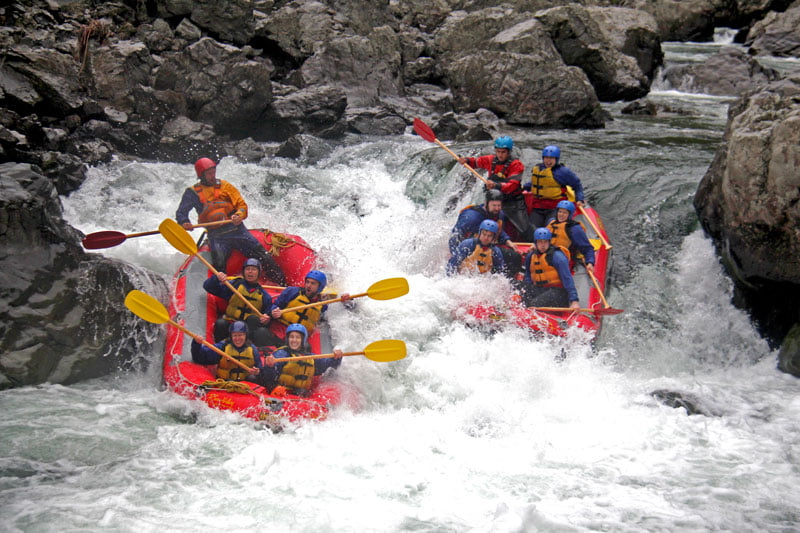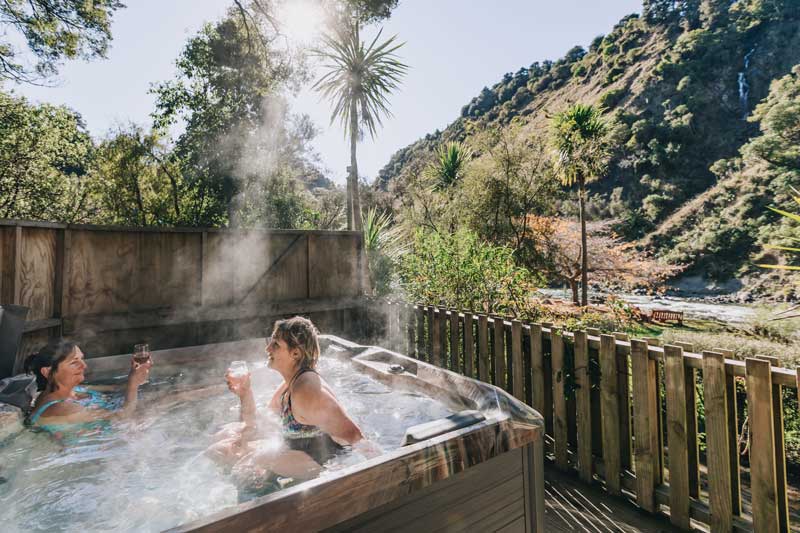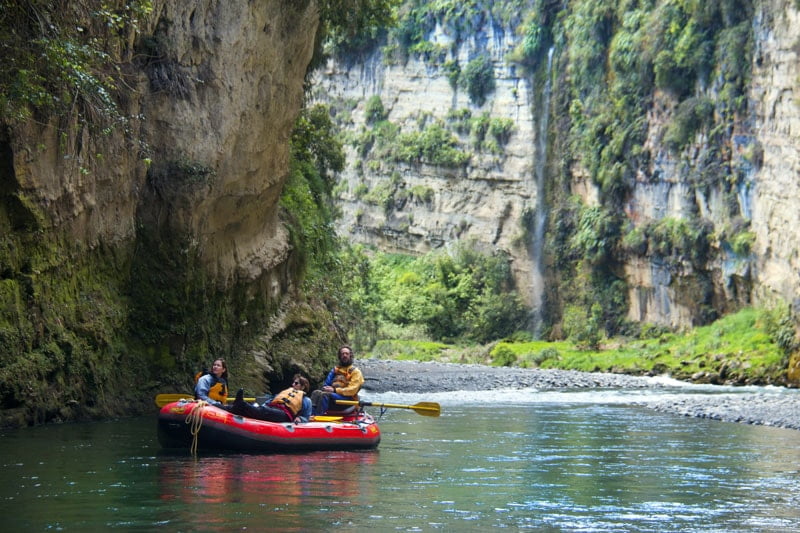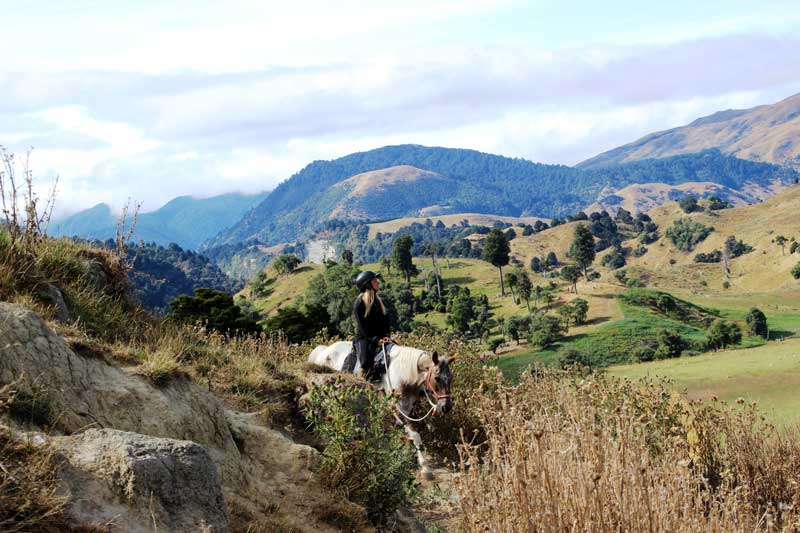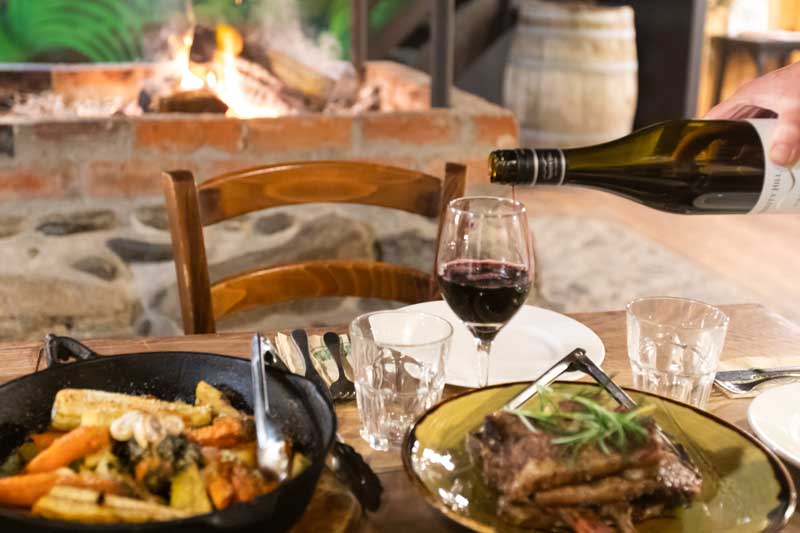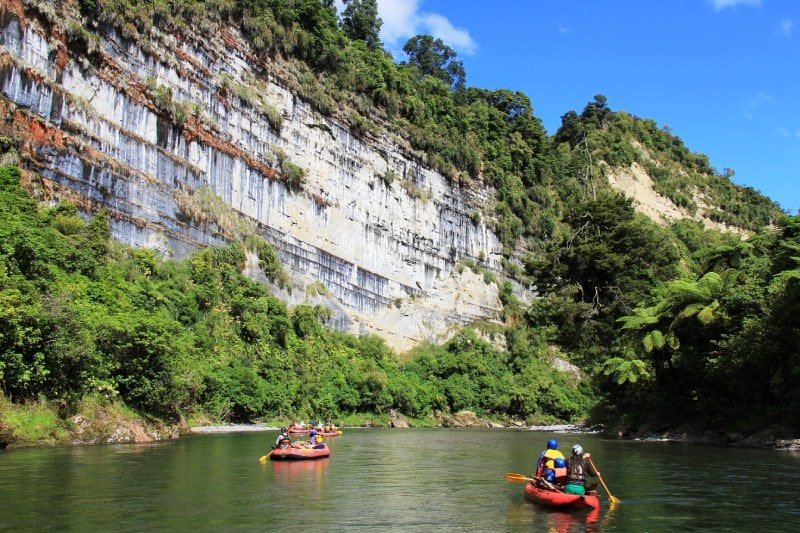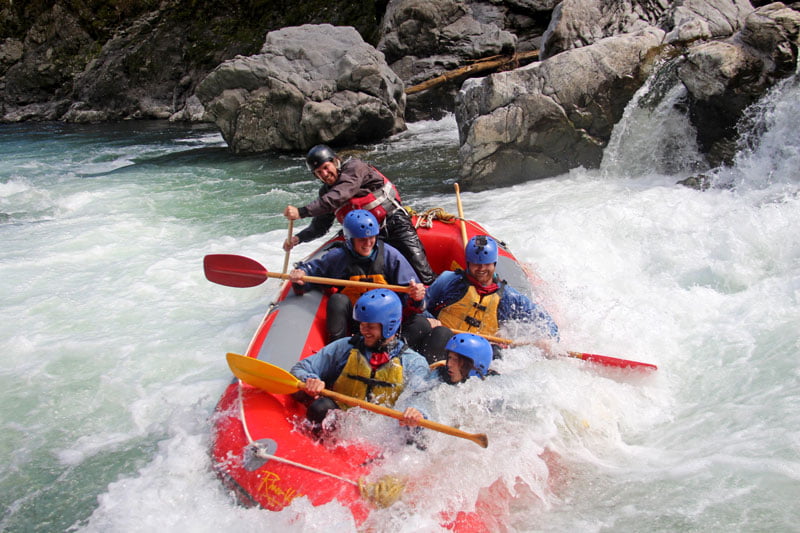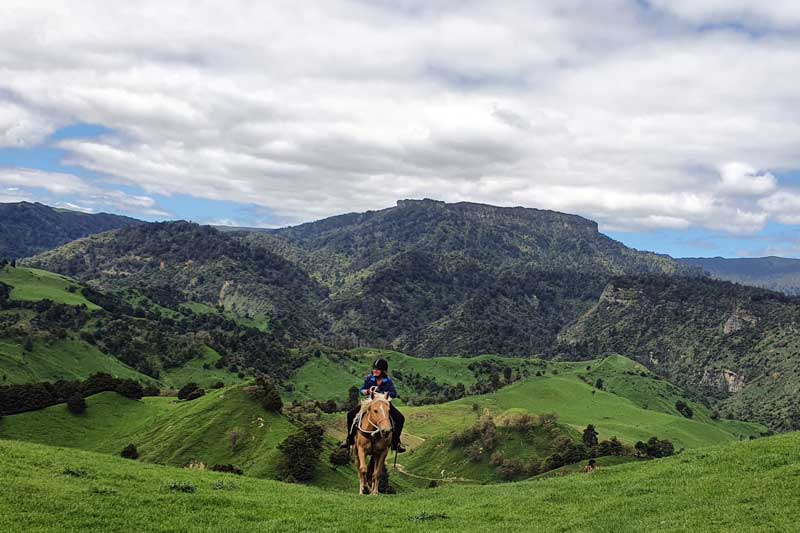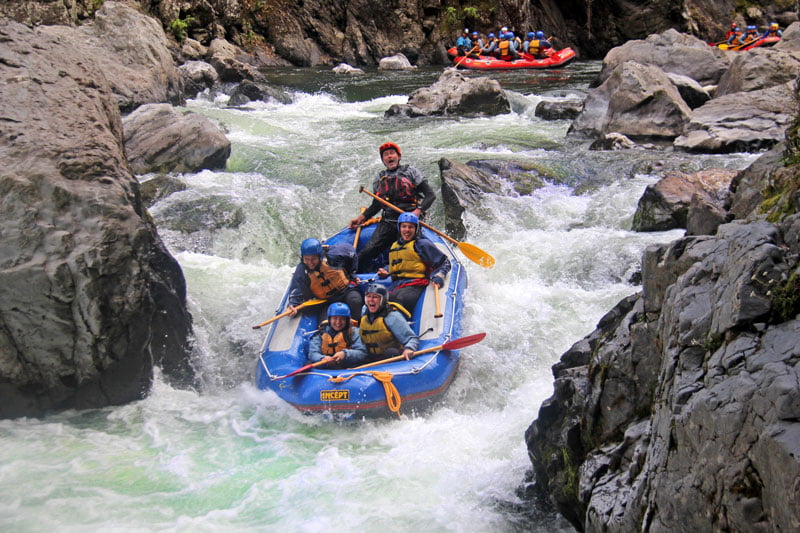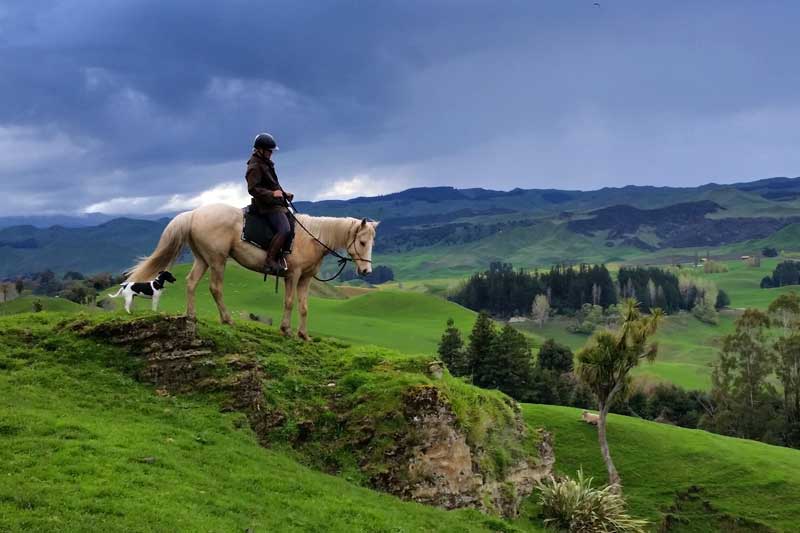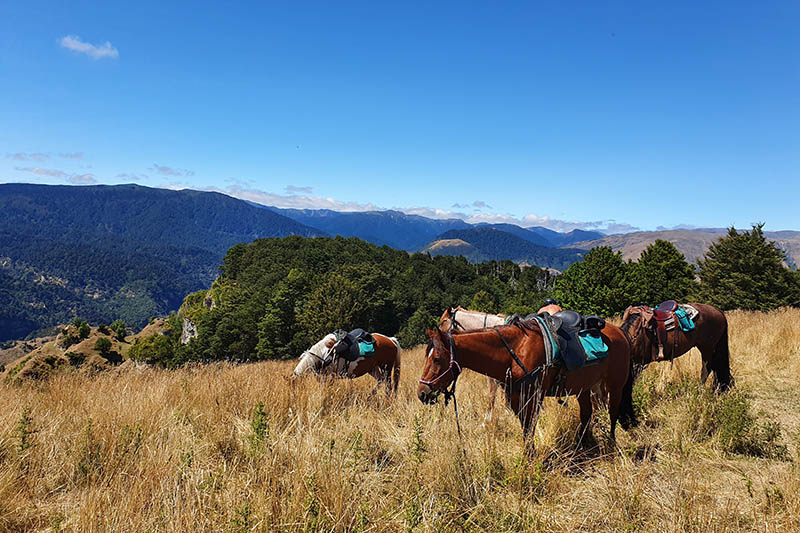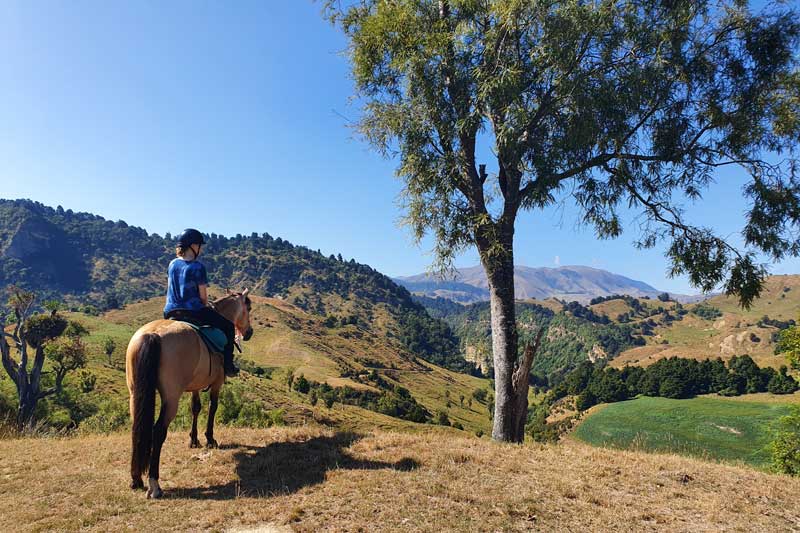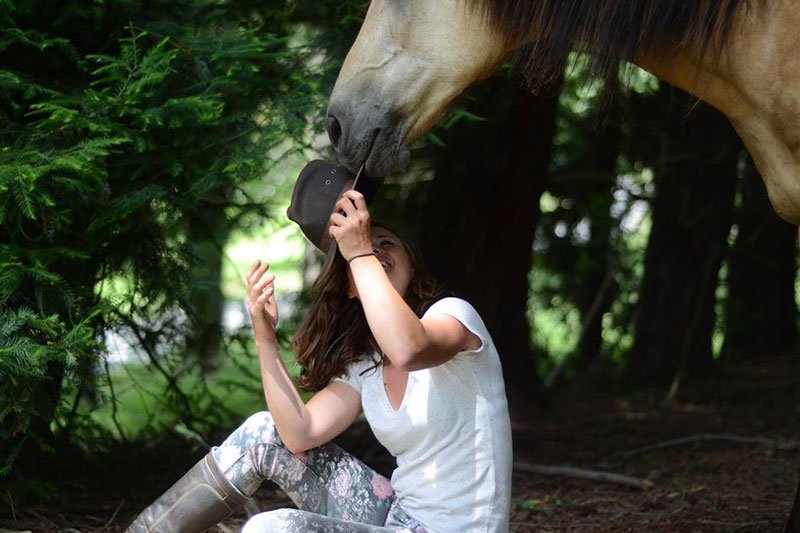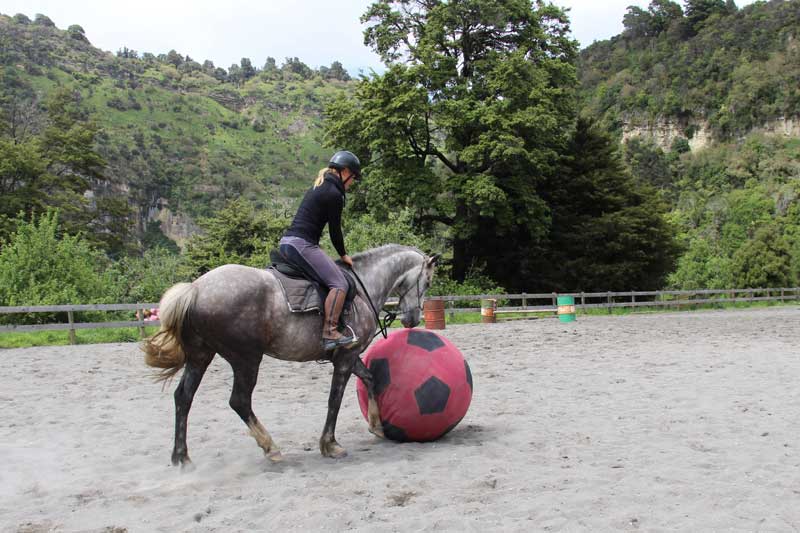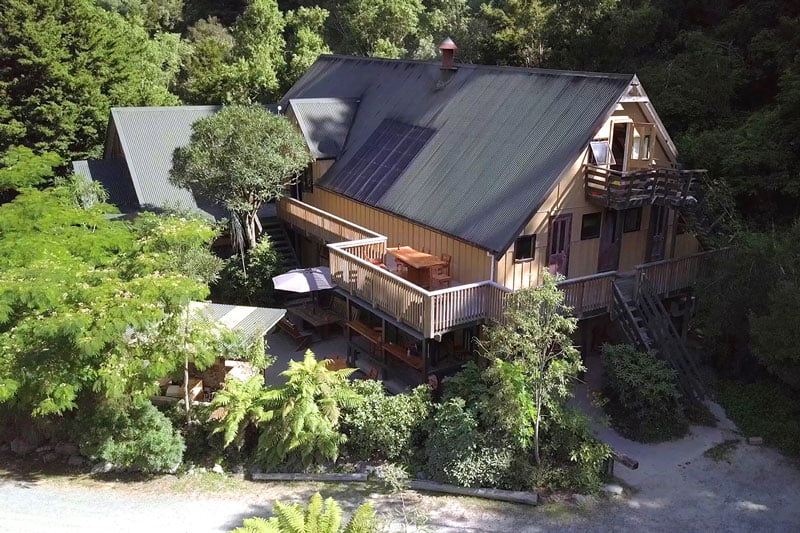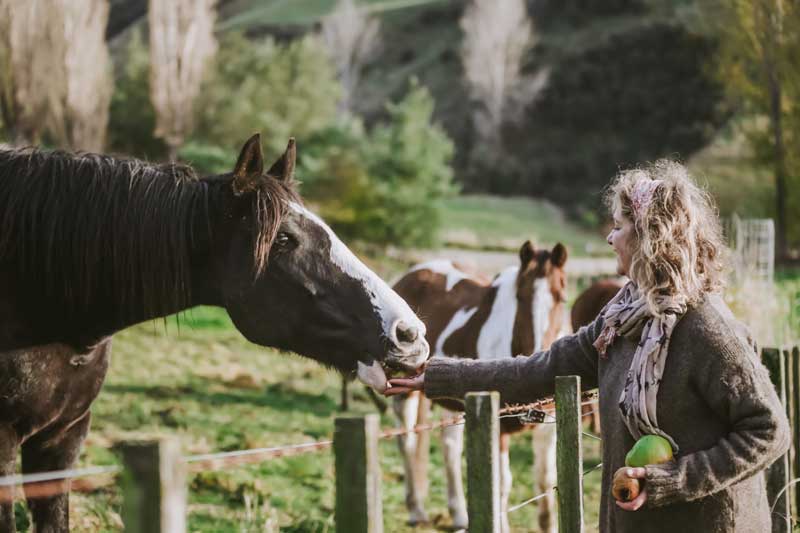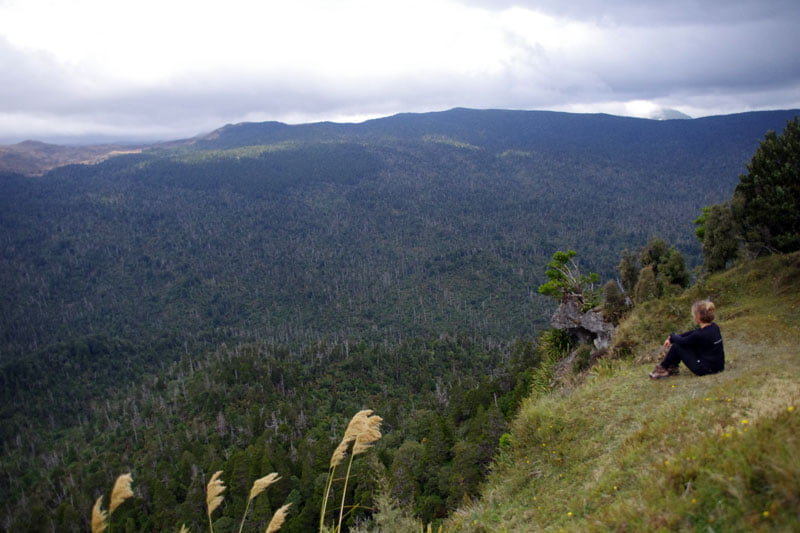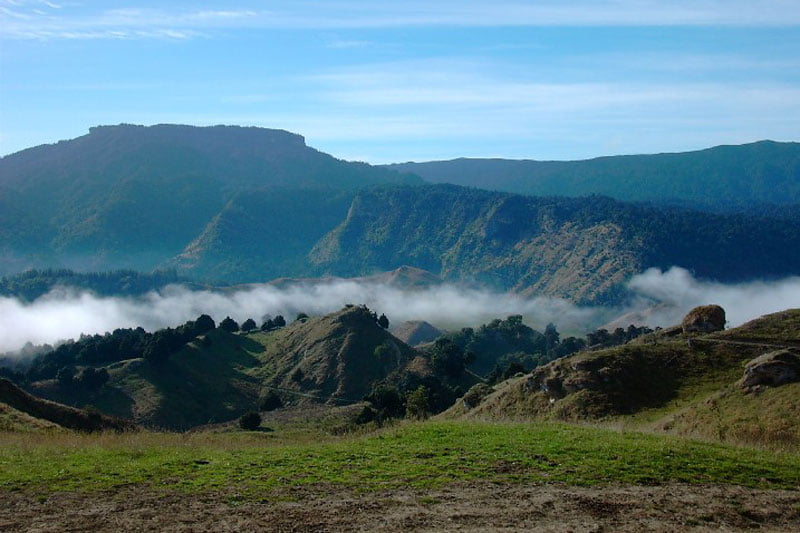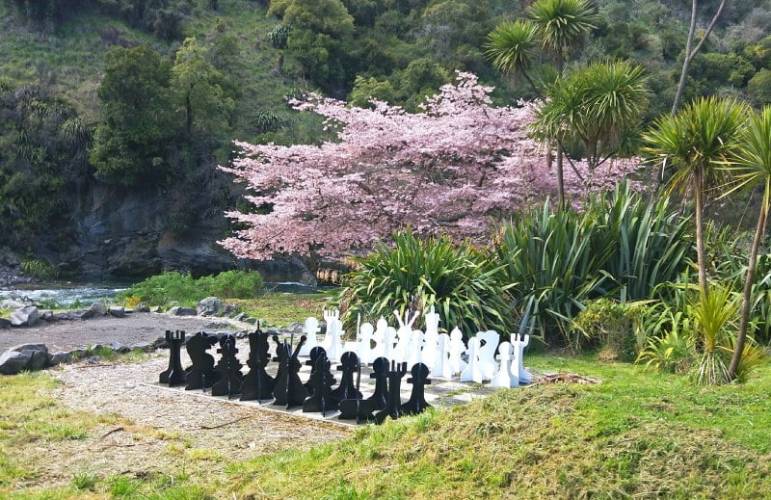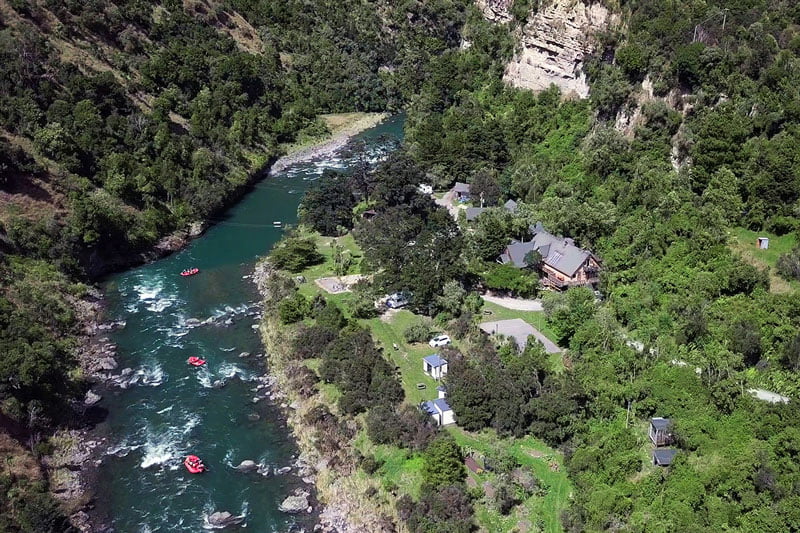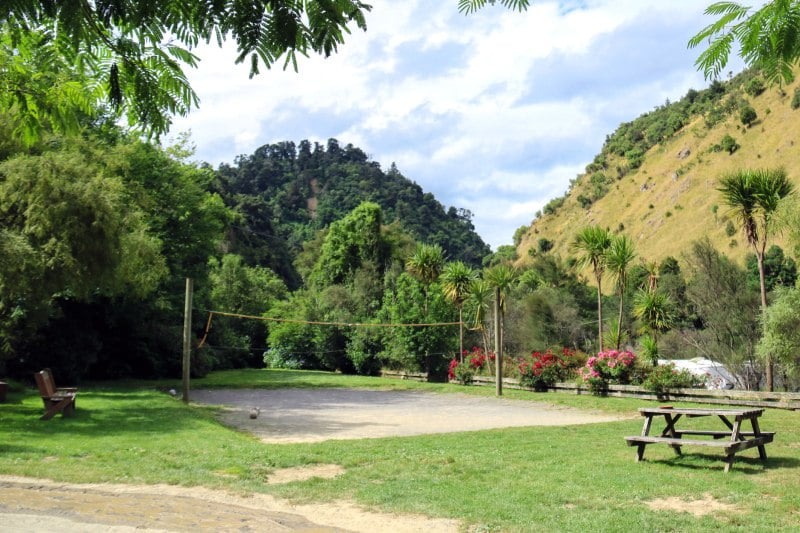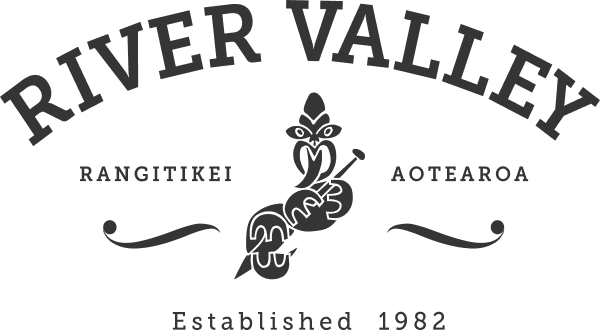How Do You Plan for the New Norm?
I went for a swim in the river – without a wetsuit, drysuit or any other protective or warm clothing, in fact only in my board shorts, on the 1st March, just a few days ago. I cannot remember previously ever swimming in the river, in March, only in my board shorts!
As I write this, most of the North Island, New Zealand, is experiencing drought or near-drought conditions. Northland, for instance, is the driest since 1945, while Auckland, our biggest city, has had the least summer rainfall since 1962.
In our area of the central North Island, we are also very, very dry. Our local river, the Rangitikei, now has historic low flows. Each day, the water temperature still hits 20 degrees. The dry is also showing up in the landscape. The hills are a uniform shade of light tan, relieved only by the dark green of the occasional lone tree or larger forest or patch of native bush. All the small streams and most springs have dried up.
Because of the heat, most nights, we still sleep with the doors and windows open.
I sometimes think to myself, if I was not in an industry that relied so much on the weather, on regular rainfall, what would I make of this – if anything?
If I lived in a town or city, I reckon that I would think that this had to be one of the best summers ever! As long as the water kept flowing through my household taps, summer would seem to be endless. Of course, there would most likely be a few inconveniences, such as water use restrictions meaning that I might not be able to wash the car or water the lawn.
Drought as a climate event is so unlike floods, big snowfalls, storms or bouts of heavy rain. All these events happen quickly; the damage done happens fast, often in a matter of hours. The cleanup, on the other hand, may take days, or even weeks.
Drought is quite different. Droughts are slow forming, more insidious, the damage at first unseen. The damage from drought grows over weeks, months, or in some countries, over the years. It starts as just a longer than usual run of nice hot blue sky days. The river starts to drop, but at that time of year, early summer, you expect that.
After a couple of weeks with no rain on the horizon, I find myself visiting multiple weather forecasting websites. For a time, the sites that forecast rain, no matter how little, become the favourites of the moment. Yet, as the time approaches, the days past, the forecast rain disappears like a mirage. What at first was going to be 50mm of rain, then drops to 10mm, and finally to a bit of drizzle or a couple of isolated showers that never isolate themselves here.
Drought has always been a regular feature of New Zealand climate patterns. Are they getting worse or more frequent? I don’t know, but it does concern me when all the wrong sorts of records are being broken with increasing frequency. The hottest month on record, the hottest year on record, the lowest summer rainfall since – you fill in the space.
A farmer friend I talked to a few days ago, a man who had been farming for 40 years, told me in all seriousness that with the climatic changes he had observed, he did not know if farming, at least the type of sheep and cattle farming he has always carried out, could survive into the future.
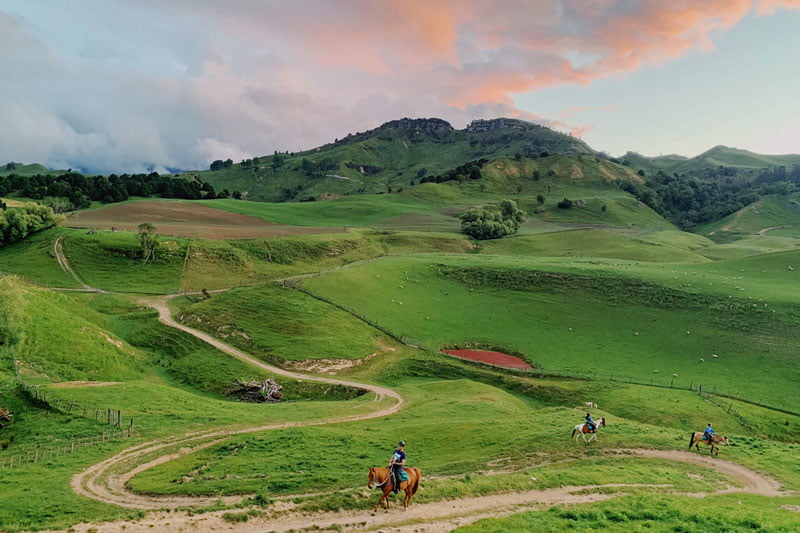
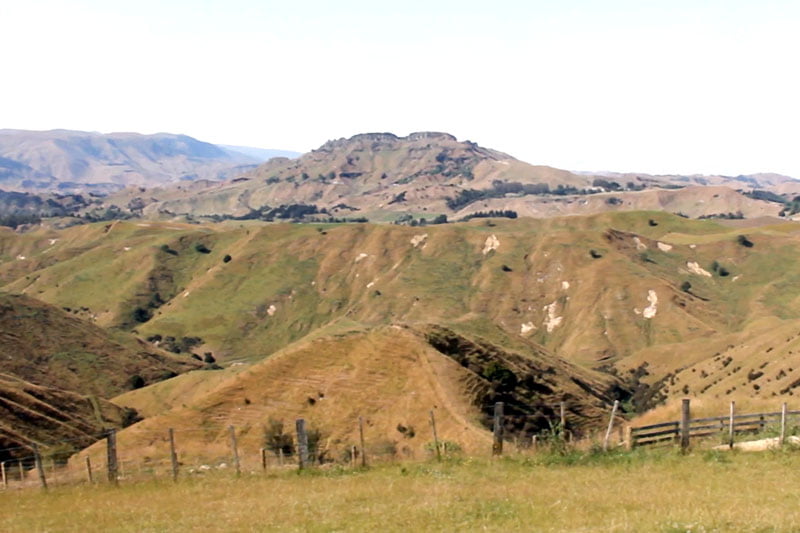
Pukeokahu at the start of Summer and now.
Is This the New Norm?
I don’t think that persistent drought, at least in our area, will be the new norm. However, all the climate modelling says that we can expect both more regular droughts and droughts of greater intensity.
We have experienced a record snowfall, a record rainfall deluge, and now another drought (not a record as yet), all in the last three and half years.
I would think that if there is a new norm, it is one of greater uncertainty. How do you plan for that?
Brian Megaw
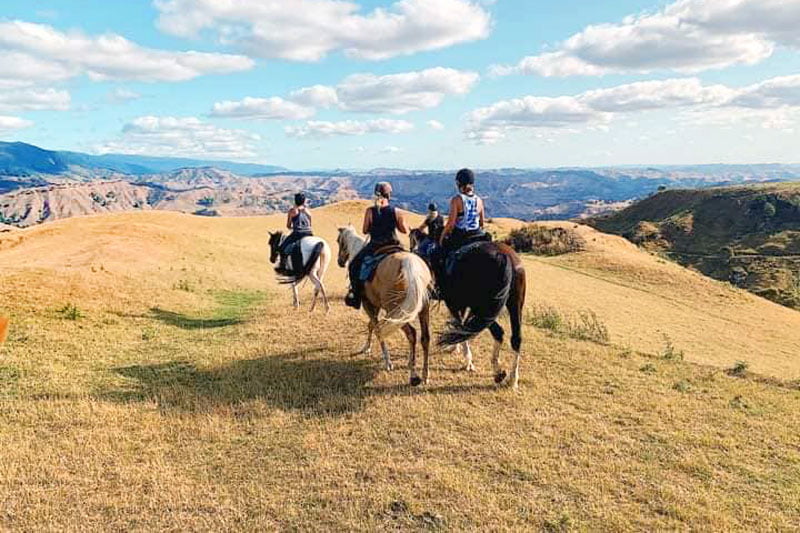
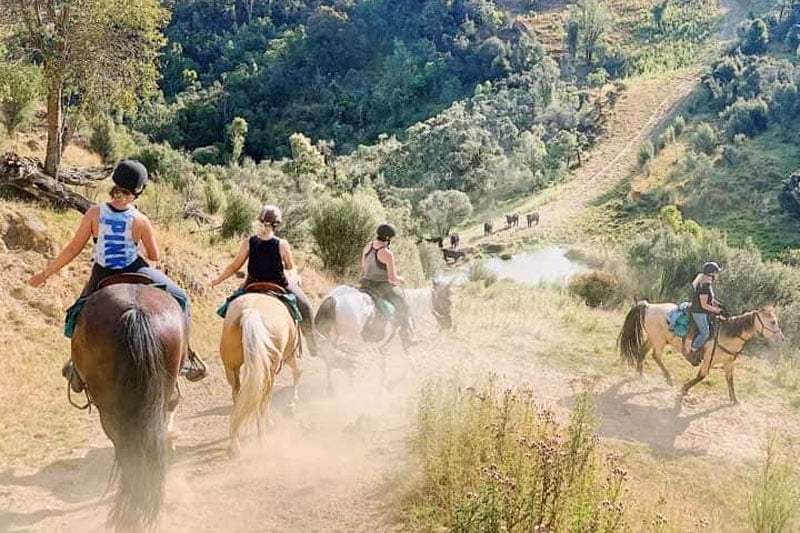
Horse trekking during the dry Summer this year

